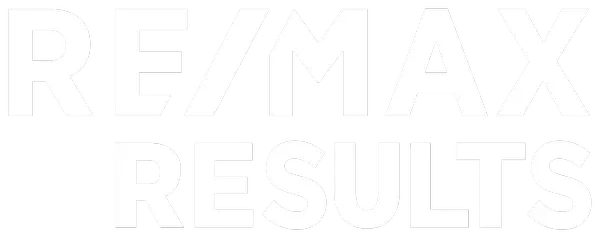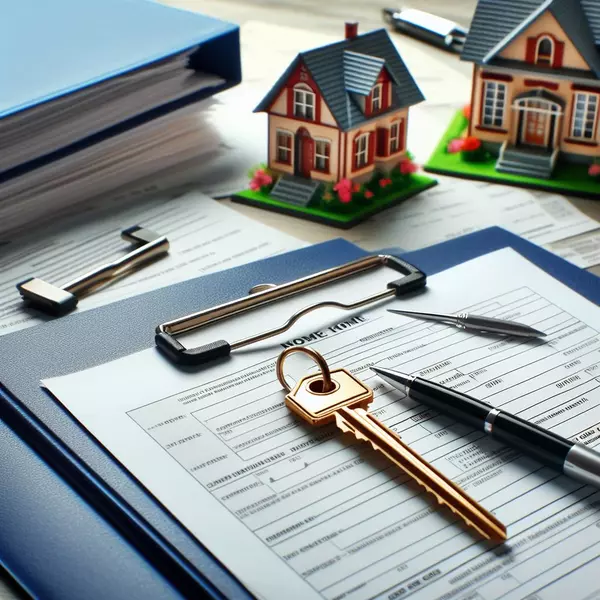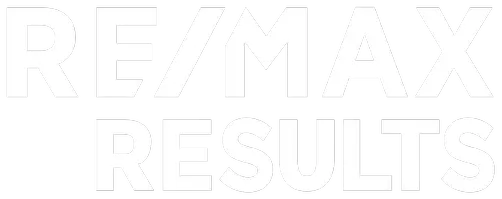The Pros and Cons of Buying Rental Property and Becoming a Landlord

Investing in rental property can be a great way to build wealth, create passive income, and secure your financial future. However, like any investment, it comes with its challenges. If you're considering buying a rental property and becoming a landlord, it's crucial to weigh the pros and cons to determine if it's the right move for you.
The Good: Benefits of Owning Rental Property
- Steady Income Stream One of the most attractive aspects of owning a rental property is the potential for a steady monthly income. As long as you have tenants, rent payments can provide a consistent cash flow. This passive income can supplement your regular income, fund retirement, or be reinvested in other opportunities.
- Property Appreciation Real estate historically appreciates over time, meaning your property's value may increase. While appreciation isn't guaranteed, holding onto a rental property long-term often allows you to profit from rising market values, resulting in a higher return when you eventually sell the property.
- Tax Benefits Landlords can take advantage of several tax deductions, such as property depreciation, maintenance and repair costs, property management fees, insurance, and mortgage interest. These deductions can significantly reduce your taxable income, making rental property ownership more financially attractive.
- Building Equity With every mortgage payment made, you're building equity in your property. Over time, as your tenants essentially pay down your loan for you, your equity increases. This creates a valuable asset that can be sold, refinanced, or used as collateral for future investments.
- Diversification Adding real estate to your portfolio diversifies your investments. If you're heavily invested in stocks or bonds, rental property provides a tangible asset that may perform independently of the markets, helping to balance your overall financial risk.
The Bad: Challenges of Owning Rental Property
- Tenant Issues While finding good tenants can make rental property ownership smooth, dealing with bad tenants is one of the biggest headaches landlords face. From late rent payments to property damage, to legal issues around eviction, difficult tenants can make the job stressful and costly.
- Ongoing Maintenance Being a landlord comes with the responsibility of property upkeep. Whether it's routine maintenance or unexpected repairs, these costs can quickly add up. Emergencies like a broken furnace or a leaky roof don't come at convenient times, and the cost and time spent managing repairs can strain your cash flow and schedule.
- Vacancies and Income Gaps Rental properties won't always be occupied. There will likely be times when you're between tenants, or your property sits empty for longer than expected. Vacancies mean no rental income, but you must still cover mortgage payments, utilities, taxes, and maintenance. Extended vacancies can significantly hurt your financial return.
- Time and Stress Managing rental properties can be time-consuming. Even if you hire a property manager, you must still oversee the manager and respond to major decisions. Without a manager, landlords are responsible for screening tenants, handling leases, managing repairs, and potentially dealing with late-night emergencies.
- Market Risks Real estate is influenced by market fluctuations. If property values drop or there's a downturn in the local rental market, it could negatively impact your property's profitability. While real estate generally appreciates over time, there's no guarantee, and you may face periods where the property's value dips below your purchase price.
Is Rental Property Right for You?
Buying a rental property can be a wise long-term investment for those prepared for the challenges. If you enjoy managing properties, or can afford to hire a property manager, and you have the financial resources to cover vacancies and unexpected repairs, the benefits of rental property ownership can outweigh the downsides.
However, if you're not interested in the hands-on aspects of being a landlord or the potential financial risk, it might be worth reconsidering.
In conclusion, rental property ownership offers a blend of rewards and challenges. Carefully considering your goals, financial situation, and capacity to handle the responsibilities will help you make an informed decision. Investing in real estate can be a rewarding venture when approached with the right mindset and preparation!
Recent Posts










